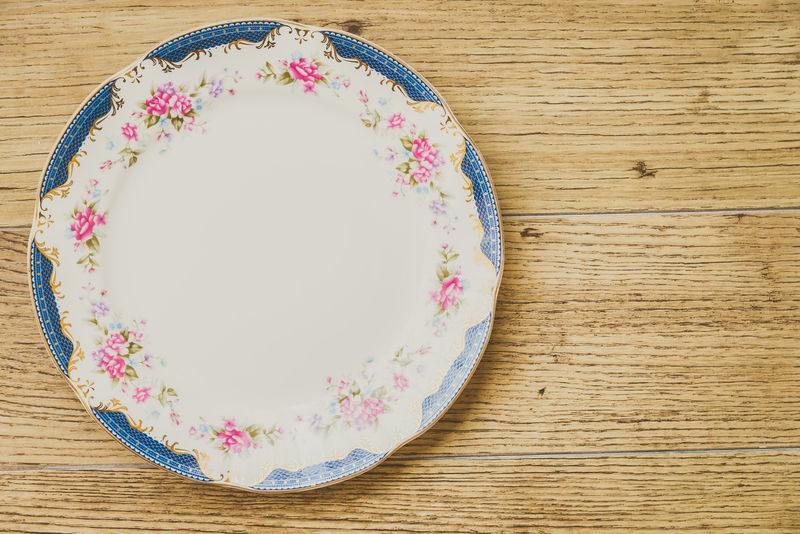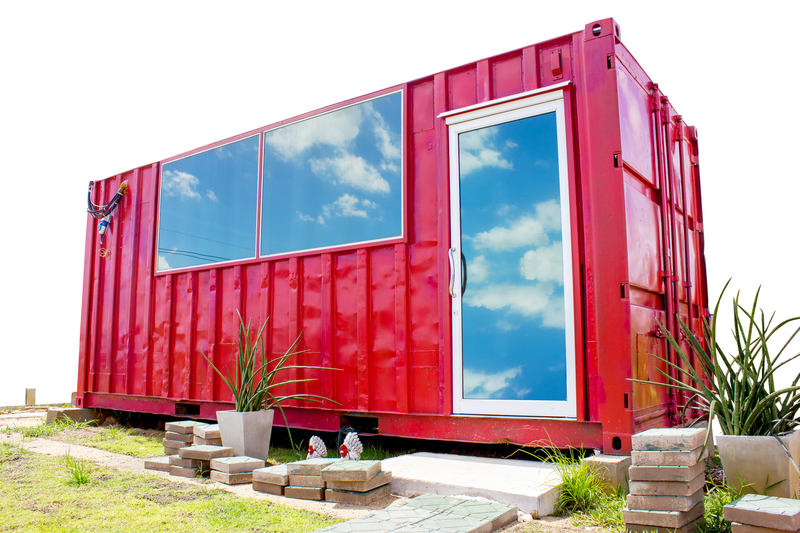Freedom From Clutter: The Hoarder Clean Up Journey
The path to freedom from clutter is deeply personal and often challenging, especially for individuals who struggle with hoarding. The process commonly involves more than just tidying up--it is an emotional, psychological, and physical transformation. This comprehensive guide will take you through the hoarder clean up journey, offering insight, tips, and support for reclaiming your space and ultimately, your life.

Understanding Hoarding: What Is It and Why Does It Happen?
The Psychology Behind Hoarding Disorder
Hoarding is more than just collecting or living amidst clutter; it is a recognized mental health disorder. Individuals with hoarding disorder find it excessively difficult to part with possessions, regardless of their actual value. This leads to overcrowded living spaces, compromised hygiene, and increased risks to health and safety.
Common causes of hoarding include:
- Anxiety disorders or depression
- Past trauma or loss
- Obsessive-compulsive tendencies
- Perfectionism and fear of making wrong decisions
- Attachment to memories associated with objects
Recognizing Hoarder Clutter: Signs and Symptoms
Not every messy home is the result of hoarding. True hoarding shows distinct signs:
- Rooms filled to the point where they can't be used for their intended purposes
- Stacks of newspapers, magazines, paper, or clothing
- Difficulty walking through the home due to blocked access
- Social isolation or shame about the home environment
- Strong emotional distress at the idea of discarding items
Recognizing these signs is a critical first step in beginning a declutter journey.
Preparing for the Hoarder Clean Up Process
Building Support: Don't Go It Alone
One of the most powerful moves in the freedom from hoarder clutter journey is reaching out for help. Hoarding is not a simple cleaning task; for many, it's a journey marked by emotional pain, shame, and even trauma. Whether you seek family support, hire professional organizers, or connect with therapists who specialize in hoarding disorder, building a resilient support system can make all the difference.
- Professional Help: Engage cleaning services specializing in hoarder home clean up.
- Therapy: Cognitive behavioral therapy (CBT) effectively addresses underlying emotional issues.
- Community Support: Local groups and online forums offer shared experiences and encouragement.
Setting Realistic Goals
Attempting to clear years of clutter in a single weekend is rarely realistic or sustainable. Break the clean up project into manageable phases. Start with just one room, or even a single closet or surface. Celebrate small wins--every bag of donations or room rearranged is progress!
The Step-by-Step Hoarder Clean Up Strategy
1. Plan and Prioritize
Organize a cleanup plan before tackling the mess. List all rooms and spaces that need attention and rank them by priority. Identify critical areas for safety and hygiene--such as kitchens and bathrooms--that should be prioritized.
2. Gather the Necessary Supplies
Stock up on:
- Large, durable trash bags
- Boxes for donations and keepsakes
- Cleaning gloves and masks
- Heavy-duty cleaning solutions
- Organizers and bins
3. Sort and Categorize
The hoarder clean up journey revolves around sorts and categories. Use the classic "Three-Box Method":
- Keep
- Donate/Sell
- Toss
4. Tackle One Small Area at a Time
Avoid getting overwhelmed by focusing on a single drawer, shelf, or corner. Progress breeds motivation, and small successes add up over time. Make sure to clean each area thoroughly before moving on to the next.
5. Recognize Emotional Triggers
It is common to encounter anxiety, sadness, or even anger when letting go of certain objects. Recognize and name these emotions. Enlist a support person or therapist to process intense feelings. Remember: letting go of things is not letting go of memories. Take pictures of items with sentimental value before discarding.
6. Remove the Junk Responsibly
Proper disposal is crucial for both environmental and legal considerations. Many communities offer bulk trash pickups or recycling options. For hazardous materials or items with biohazard, consider professional remediation services.
- Contact local charities for donation guidelines.
- Schedule bulk pickup for large items.
- Follow recycling regulations for electronics and appliances.
Overcoming Challenges in the Hoarder Decluttering Journey
Dealing With Emotional Attachments
Emotional attachments to objects can sabotage the hoarder clean up process. Practice mindfulness and stay present--remind yourself of the benefits of freedom from clutter:
- A healthier, safer, and more comfortable home
- Improved relationships and social opportunities
- Greater mental clarity and reduced stress
- Rediscovery of treasured items once buried by clutter
Maintaining Progress After the Cleanup
A critical--but often overlooked--step is planning to prevent future clutter. Once the home is decluttered, sustain your hard-earned freedom:
- Set up regular cleaning routines
- Continue therapy or support group attendance
- Apply the "one in, one out" rule for bringing new items home
- Minimize sources of new clutter, such as junk mail or impulse shopping
Professional Hoarder Clean Up Services: When to Call In Experts
What Professional Cleaners Offer
If the clutter has overwhelmed your ability to cope, or you are facing unsafe or hazardous conditions, it's time to consider professional hoarder clean up services. These teams:
- Handle biohazardous materials and mold
- Remove accumulated trash and debris safely
- Provide deep cleaning and restoration services
- Offer confidential and empathetic support
How to Choose a Hoarder Clean Up Company
Look for companies with:
- Experience in hoarding situations
- Licensing and insurance
- Positive customer reviews
- Clear, upfront quotes
- Sensitivity and discretion
Reclaiming Your Life and Space: Lasting Benefits of Decluttering
Why Freedom From Clutter Matters
Achieving freedom from hoarder clutter is about much more than aesthetics. The life-changing benefits include:
- Enhanced physical health--improved air quality, reduced fire hazards, fewer pests
- Stronger relationships--friends and family feel welcome again
- More personal freedom and energy for hobbies, productivity, and relaxation
- Higher self-esteem and mental well-being
Remember, every decluttering journey is unique. Allow yourself patience, self-compassion, and time.

Tips and Resources for Sustaining a Clutter-Free Life
Simple Habits for Ongoing Decluttering
- Daily tidy-up: Spend 10 minutes putting things away every day
- Monthly donations: Regularly clear out items you no longer need
- Mindful shopping: Buy only what you need and love
- Labeling and organizing: Assign a "home" to every item
- Share success stories: Inspire and be inspired by others' decluttering journeys
Support Networks and Further Reading
Consider reaching out to:
- Help for Hoarders UK
- International OCD Foundation: Hoarding Center
- Your local mental health professional or declutter coach
Conclusion: Embracing a New Beginning After Hoarder Clean Up
The journey towards freedom from clutter is transformative. It restores not only your living space but your sense of peace and possibility. Whether you are at the start of your hoarder clean up journey or midway through, remember that each step is a victory. Seek support, accept help, and believe in your ability to create a home that truly supports your well-being. A brighter, clutter-free future awaits--one room, one item, one day at a time.